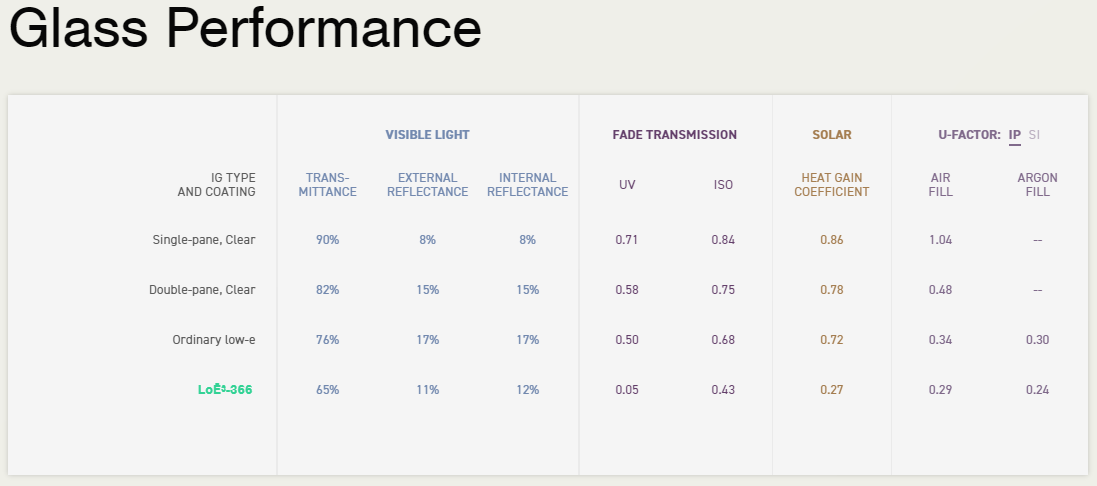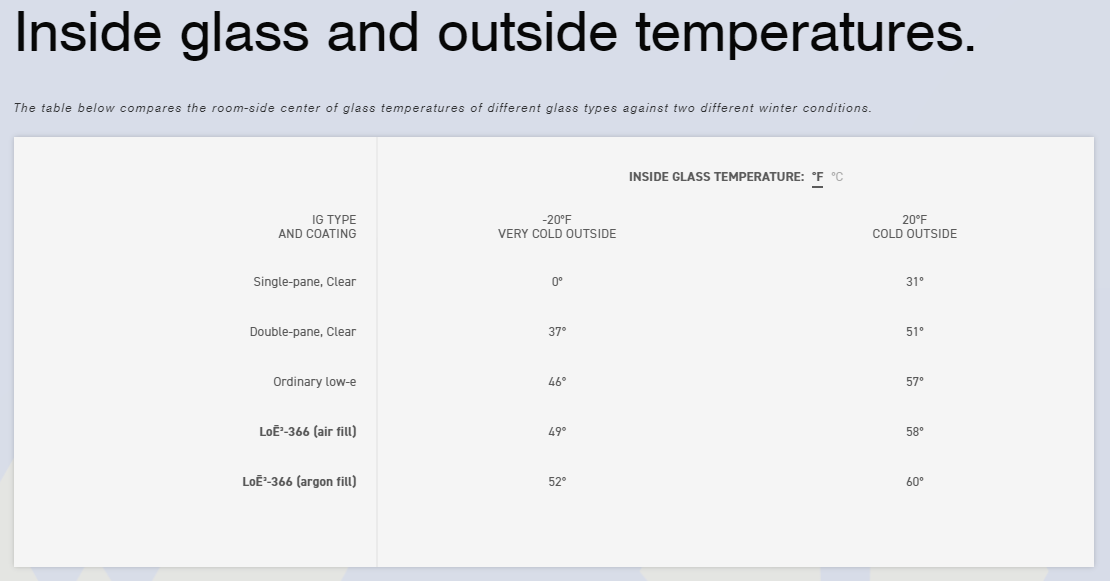How Energy Efficient Can a Window Be?
When the time comes for you to look to replace your windows this question will likely be near the top of your list. But without a point of reference or comparison, it’s hard to know exactly what your expectations should be. Here at WindowWall we’ve taken the guesswork out of the equation to show you exactly what a professional window installation can do for you.
The Glass
When looking at a window’s energy efficiency the top factor is, of course, the glass. We use two distinct ratings to measure the glass’ climate resistance; U-Factor and Solar Heat Gain Coefficient.
U-Factor measures heat transfer based on the temperature difference. The lower the heat factor number the less heat transfer happens between the inside and outside of your home. This, ultimately, means your A/C isn’t having to work overtime to constantly battle with the outside temperature. A good widow should help lock in whatever temperature you wish your house to be.
Solar Heat Gain Coefficient (SHGC) is arguably even more important in the Sunshine State. SHGC measures how much heat can pass through your window as a result of direct sunlight. Having a poor SHGC rating is often the cause for East and West-facing windows to become so unbearable during the day (making all of our windows double pane).
In order to meet energy star requirements for Florida, glass must have a U-factor at .4 or lower and a SHGC at .3 or lower. LoĒ³-366 has a U-factor of .24 and a SHGC of .27, meaning it is even more energy efficient than what is required.
LoĒ³-366
WindowWall professionals recognize that function and form must be exceptional for a window to be acceptable. That’s exactly why we exclusively use a special material developed by Cardinal Glass Industries in all of our windows, known as LoĒ³-366. This material has three layers of silver (the second most reflective metal next to gold) and a layer of titanium dioxide (used as a whitening pigment and as a key ingredient in sunscreen).
Between each pane of LoĒ³-366 is an injection of argon gas which, being denser than air, helps to further prevent energy loss through heat transfer.
Show, Don’t Just Tell.
To truly demonstrate just how much of an impact quality windows (and glass) can have on your home’s energy efficiency we decided to put our windows to the test. We filmed this video to demonstrate just how much more effective our windows are not just against lesser products, but even against fiberglass insulation.
To learn more about our products, or to request a free estimate for window installation click the button below!



